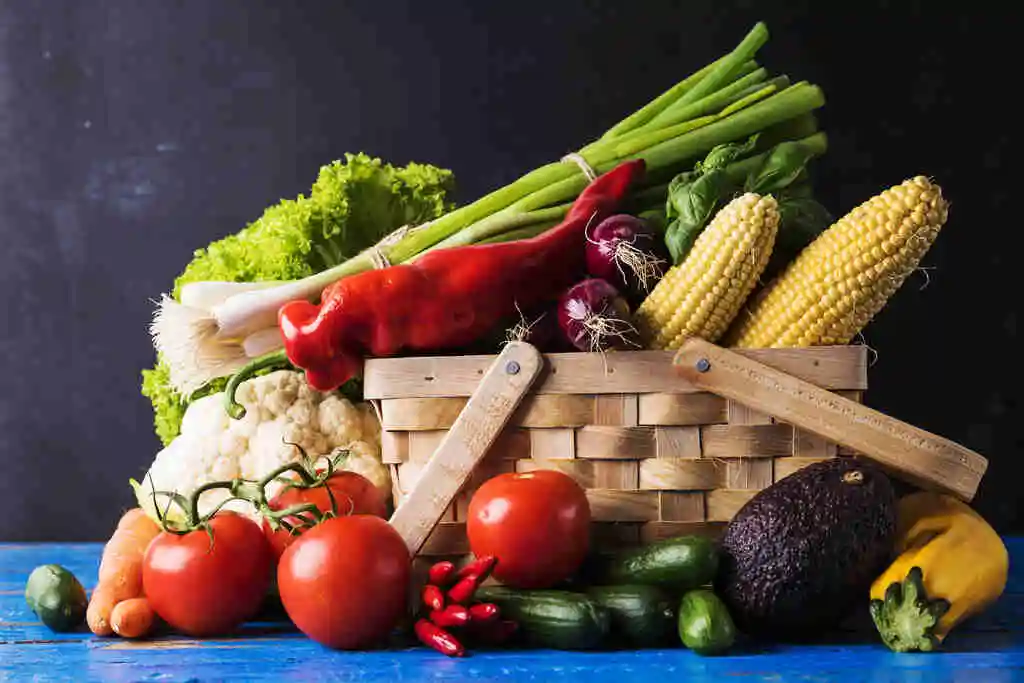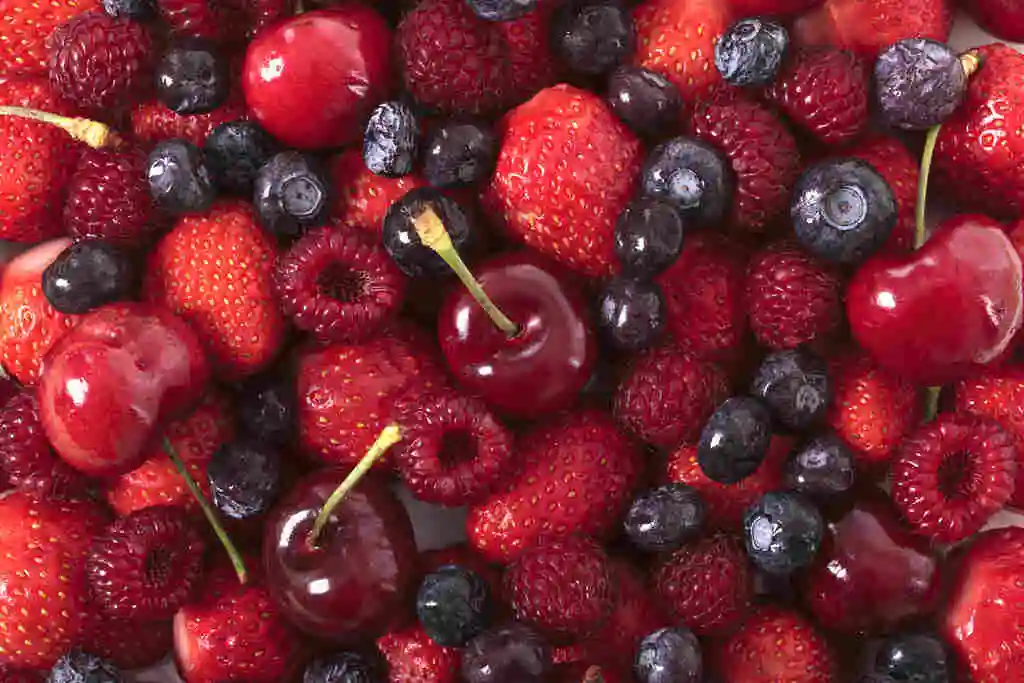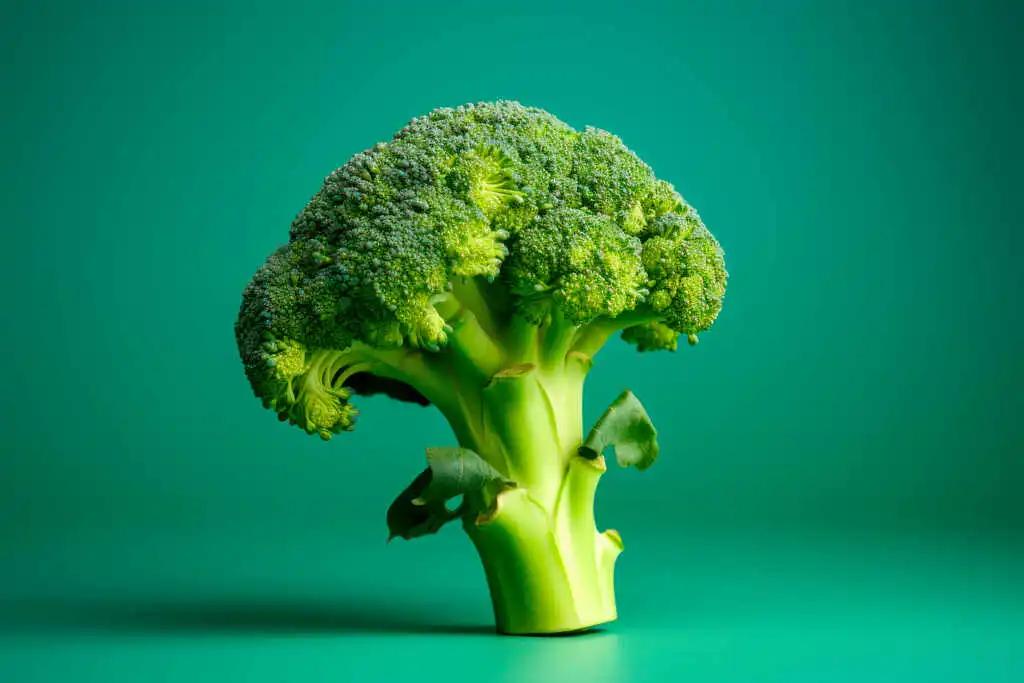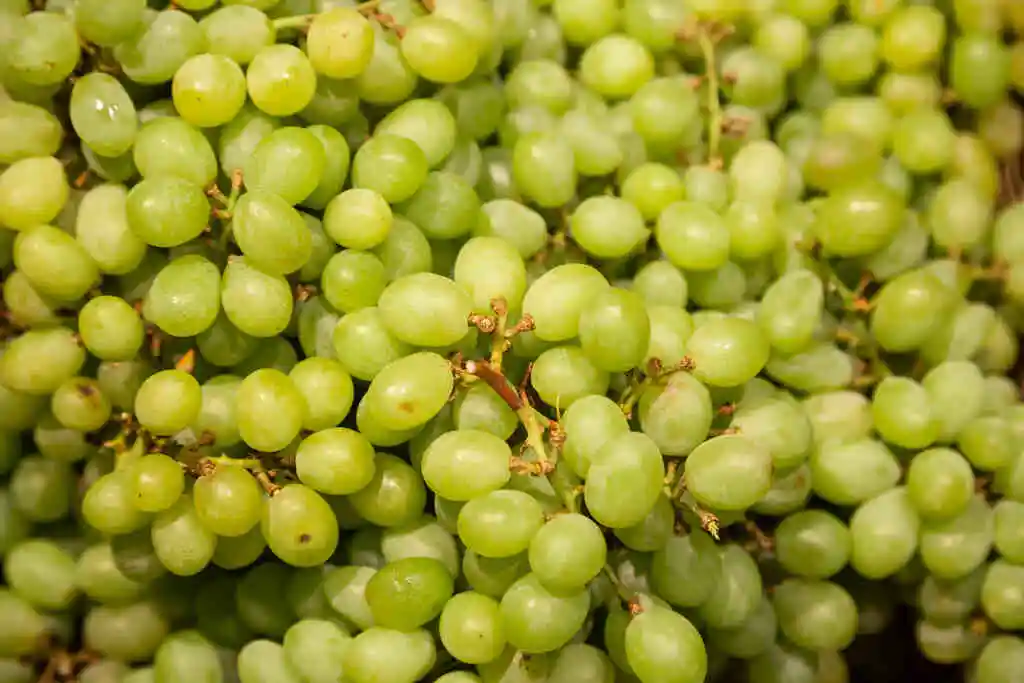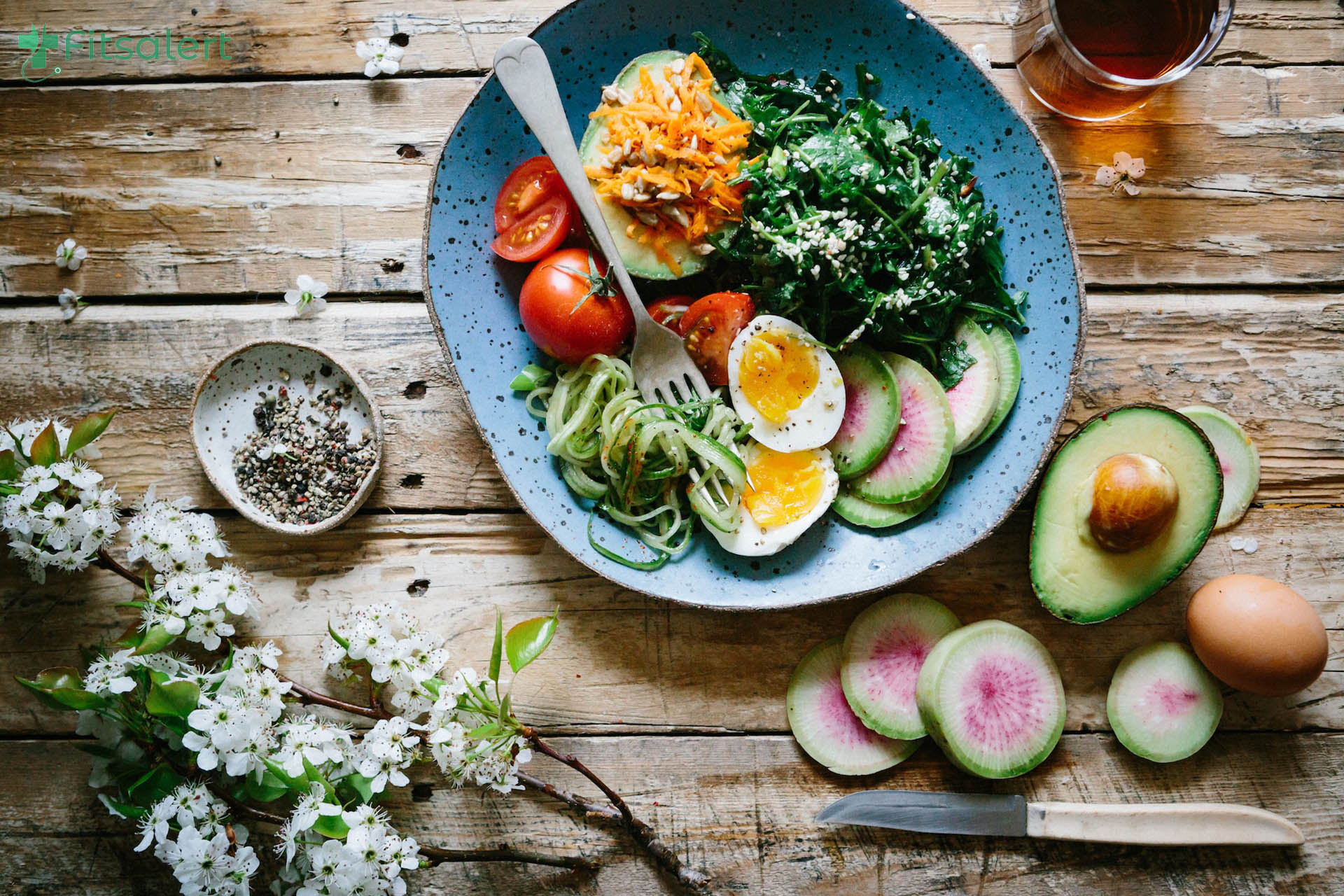Inflammation serves a dual purpose in the body, it defends against infection and injury, but chronic inflammation can contribute to disease as well. Factors like stress, a sedentary lifestyle, and inflammatory foods can worsen the risk.
Therefore, consuming foods known to reduce inflammation is highly recommended.
Research shows that certain foods have anti-inflammatory properties and may help relieve chronic inflammation. These foods include olive oil, select berries, fruits, vegetables, spices, and fish.
What Are The Top Anti-inflammatory Diet Foods?
Foods such as fruits, vegetables, and spices are rich in anti-inflammatory compounds, which can aid in reducing inflammation. Some of the most potent anti-inflammatory foods include:
- Broccoli
- Avocados
- Green tea
- Peppers
- Mushrooms
- Grapes
- Turmeric
- Extra virgin olive oil
- Dark chocolate & Cocoa
- Tomatoes
- Cherries
- Berries
- Fatty fish
Berries have Anti-inflammatory properties
Berries, such as strawberries, blueberries, raspberries, and blackberries, are nutrient-rich fruits known for their abundance of fiber, vitamins, and minerals. With numerous varieties available, berries are packed with antioxidants like anthocyanins, which possess anti-inflammatory properties that can lower the risk of diseases.
A review conducted in 2018 suggests that the phytochemicals present in berries could potentially contribute to slowing down the development and progression of cancer. While researchers need to conduct further studies to solidify these findings, these compounds may also support immunotherapy. NK cells, naturally produced by the body, play a vital role in maintaining the proper functioning of the immune system.
In a different research investigation, individuals with weight conditions who consumed strawberries showed reduced levels of certain inflammatory markers linked to heart disease compared to those who did not consume strawberries.
Broccoli (A powerful Anti-inflammatory Food)
Broccoli stands out as a powerhouse of nutrition among vegetables. As a cruciferous vegetable, it belongs to the same family as cauliflower, Brussels sprouts, kale, etc. Studies have linked the consumption of various cruciferous vegetables to a lowered risk of heart disease and cancer, potentially due to the anti-inflammatory properties of their antioxidants.
Broccoli, in particular, boasts sulforaphane, an antioxidant renowned for its ability to reduce inflammation by reducing levels of cytokines and nuclear factor kappa B (NF-κB), which are molecules driving inflammation within the body.
Avocados
Avocados pack essential nutrients like potassium, magnesium, fiber, and heart-friendly monounsaturated fats. They also possess carotenoids and tocopherols, compounds associated with lowering the risk of cancer and heart disease.
Moreover, avocados contain a specific compound known to alleviate inflammation in developing skin cells. In a notable study involving 51 overweight adults, those who consumed avocados for 12 weeks experienced a decrease in inflammatory markers like interleukin 1 beta (IL-1β) and CRP.
Green Tea Helps as Anti-inflammatory Food
You may be familiar with the reputation of green tea, including matcha green tea, as one of the healthiest drinks available. Studies indicate that consuming green tea is linked to a decreased likelihood of developing heart disease, cancer, Alzheimer’s disease, obesity, and various other health conditions.
A lot of green tea’s goodness comes from a special substance called epigallocatechin-3-gallate (EGCG). This stuff helps fight inflammation by reducing the production of pro-inflammatory cytokines and protecting the fatty acids in your cells.
Grapes
The Grapes are rich in anthocyanins, which help reduce inflammation in the body. Lower risks of various diseases like heart disease, diabetes, obesity, arthritis, Alzheimer’s, and eye disorders are also linked to them.
Grapes particularly stand out for their high content of resveratrol, another powerful antioxidant. Research indicates that resveratrol can effectively protect the heart from inflammation.
While consuming a resveratrol supplement differs from eating grapes directly, a study involving 60 individuals with heart failure revealed that those who took two 50-mg capsules of resveratrol supplements daily for 3 months saw a reduction in inflammatory gene markers, including interleukin 6 (IL-6).
In a previous study conducted in 2012, researchers discovered that adults who included grape extract in their daily diet experienced an increase in adiponectin levels. Weight gain and an elevated risk of cancer are linked to low levels of this hormone.
Tomatoes
Tomatoes are packed with essential nutrients, including vitamin C, potassium, and lycopene, an antioxidant known for its remarkable anti-inflammatory properties. Lycopene, in particular, shows promise in reducing pro-inflammatory compounds associated with various cancers.
When cooked in olive oil, tomatoes increase the absorbability of their lycopene content, as lycopene is a carotenoid nutrient that benefits from fat absorption.
Final Thoughts
Even minor, continuous inflammation can contribute to the development of diseases. Maintain a healthy balance of inflammation by incorporating these delicious, Anti-inflammatory diet foods into your lifestyle. Choose foods in their natural state and include a variety of vibrant-colored options to maximize your intake of anti-inflammatory nutrients.
Brocolli, tomatoes, grapes, and green tea are just a few examples of foods that can help alleviate inflammation and lower your risk of illness.

